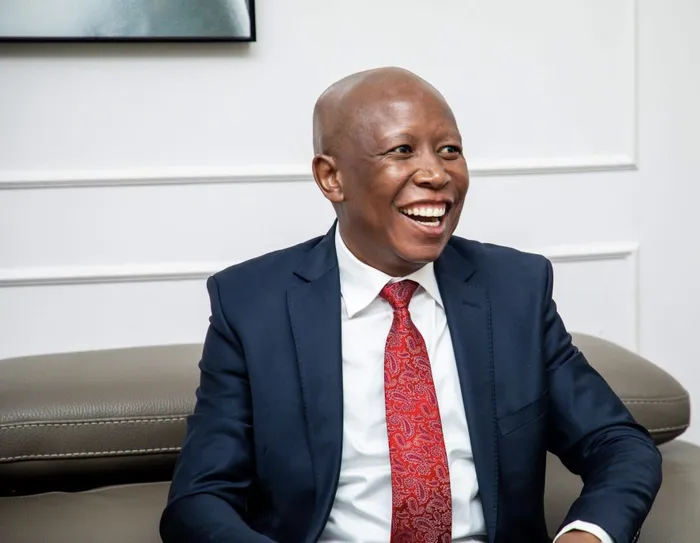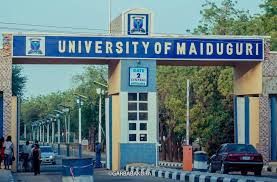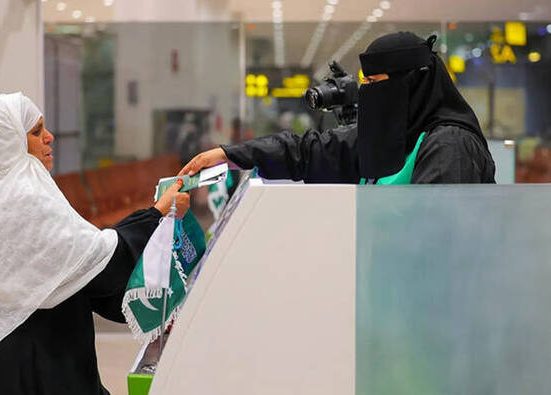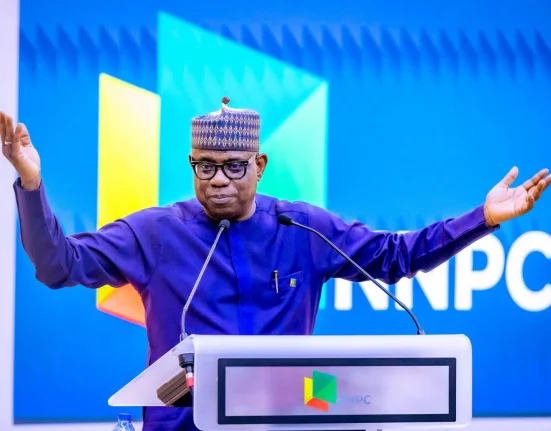Firebrand South African opposition leader and President of the Economic Freedom Fighters (EFF), Julius Malema, has once again stirred continental discourse after calling for Africa to unite under one economic system, a single currency, and a centralized military structure. Speaking yesterday during a public engagement, Malema stressed that the time had come for African nations to shed colonial borders and build a truly sovereign, integrated continent capable of defending its interests on the global stage.
The outspoken politician argued that Africa remains weak and divided because of artificial lines drawn by colonial powers, which continue to hamper economic development, political cohesion, and collective defense.
According to him, the continent’s current fragmented state only serves external powers that continue to exploit its vast resources under the guise of foreign partnerships.
Malema, who has been vocal in his Pan-African ideology, maintained that a united Africa governed by a single economy and currency would unlock untapped potential across sectors such as trade, infrastructure, education, and security. He noted that the existence of over 40 currencies across the continent complicates intra-African trade and keeps the continent economically dependent on Western financial systems.
He also advocated for the formation of a unified African military command that can stand as a formidable force against external threats and internal destabilisation, stressing that Africa must be able to protect its people and natural wealth without relying on foreign military assistance. According to Malema, such a force should be accountable to a centralised African authority made up of democratically elected leaders, not dominated by any single state.
While his proposal sparked both admiration and criticism from various quarters, many Pan-Africanists applauded his boldness in reawakening conversations around true continental integration — a dream famously championed by African revolutionary leaders such as Kwame Nkrumah, Muammar Gaddafi, and Thomas Sankara.
Critics, however, argue that Malema’s vision, though noble, may be difficult to implement in the face of deep political divisions, weak governance structures, and competing national interests across the continent. They point out that even regional economic blocs like ECOWAS and the African Union continue to struggle with unity in response to major security and democratic crises.
Nonetheless, Malema’s statement adds fresh urgency to the ongoing conversation about Africa’s future and its place in a shifting global order. With increasing interest from global superpowers and new economic alliances forming across the world, Africa’s ability to act as a united front could shape the continent’s destiny in the years to come.







